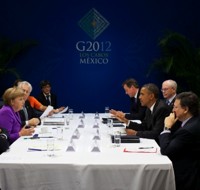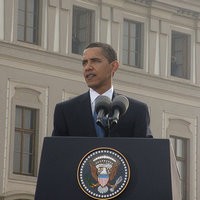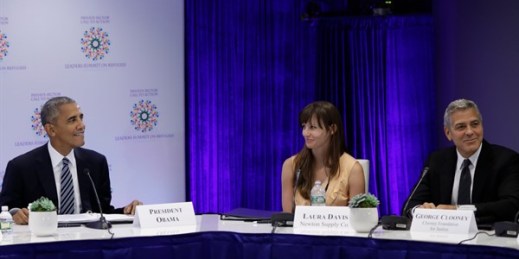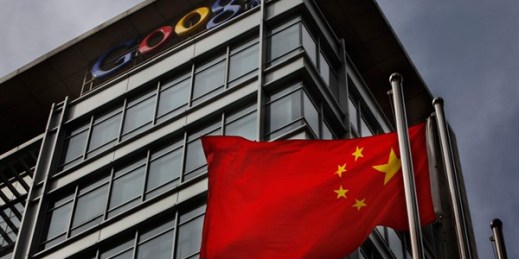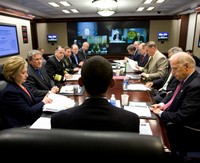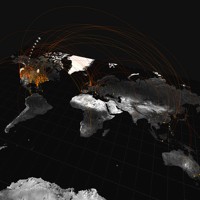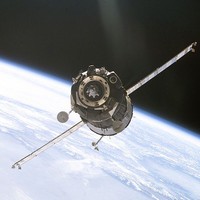
Kurdistan beat Northern Cyprus earlier this month to claim victory in the 2012 VIVA World Cup, a soccer championship for unrecognized nations. In an email interview, Nina Caspersen a lecturer in politics at the Lancaster University and the author of “Unrecognized States: The Struggle for Sovereignty in the Modern International System,” discussed cooperation and coordination between unrecognized states. WPR: What are the main forums unrecognized countries use to press their causes? Nina Caspersen: Very few forums are open to unrecognized states. Their lack of recognition means that they are generally barred from membership of international organizations — not just from […]

